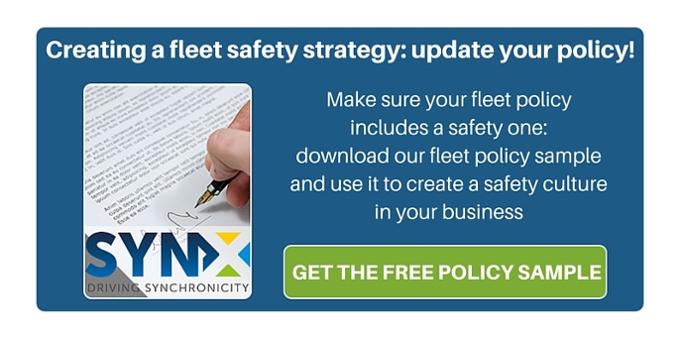
We have reached the final third in our A-Z of fleet management and would really like to take the opportunity to touch on a point that is valid for every business but is particularly relevant for fleets: strategy and strategic planning.
Why do I need a strategy? Isn’t this just old-fashioned?
Sometimes—if not a good deal of the time—‘old is gold’. Having a strategy can only be beneficial for your fleet, vehicles, staff and company. Nobody can hope to succeed without a plan and then expect success just to come out of the blue. Strategic planning can not only help you formulate a roadmap for your business and fleet, including where you want it to be in 3-5 years’ time, but also help you to achieve sub-goals along the way.
Fleet strategy needs not only to help in developing operational objectives but also in identifying ‘wins’: ways to save or earn money as well as opportunities to improve.
Having a strategic plan helps you direct your fleet towards its goals through specific focus on what needs to be done, what your organisation needs to develop in order to get there, getting all the elements you need to work towards your objective and appraising your staff regarding their efforts and offering them clear direction.
What are some of the elements that need to go into a fleet strategy?
The final aim of fleet strategy is to develop fleet activity that saves time and money, reduces administrative work, and achieves the best performance while vehicles, drivers and road users stay safe, and everything is carried out according to global compliance. Fleets are complex entities and their optimisation and strategic planning embraces a lot of different aspects and ideas that need to be considered separately from just the traditional topics of managing vehicles and drivers. Here we include some of them (to mention just a few):
- The importance of having a sound fleet policy that is reviewed on a regular basis
- The identification of risks within the fleet and the sector, and the means to manage them
- The concept of duty of care and the responsibilities of the company towards vehicles, drivers, employees and road users
- Procurement and funding for fleets
- Reduction of costs (fuel, maintenance, insurance...) and best choice of resources
- Improvement of service
- Managing vehicle whole life costs, replacement and remarketing
- Developing new technologies and keeping up to date with the industry, the legislation and the environmental considerations
Which tools can help me in the successful implementation of a fleet strategy?
Involving users (drivers) in the implementation of strategy and letting them know the strategic targets and how they can contribute is an important step to successfully implement a strategy. But technology with its recording of real time data, vehicle performance, fuel consumption and costs can definitely sharpen the focus on the essentials when planning a strategy.




